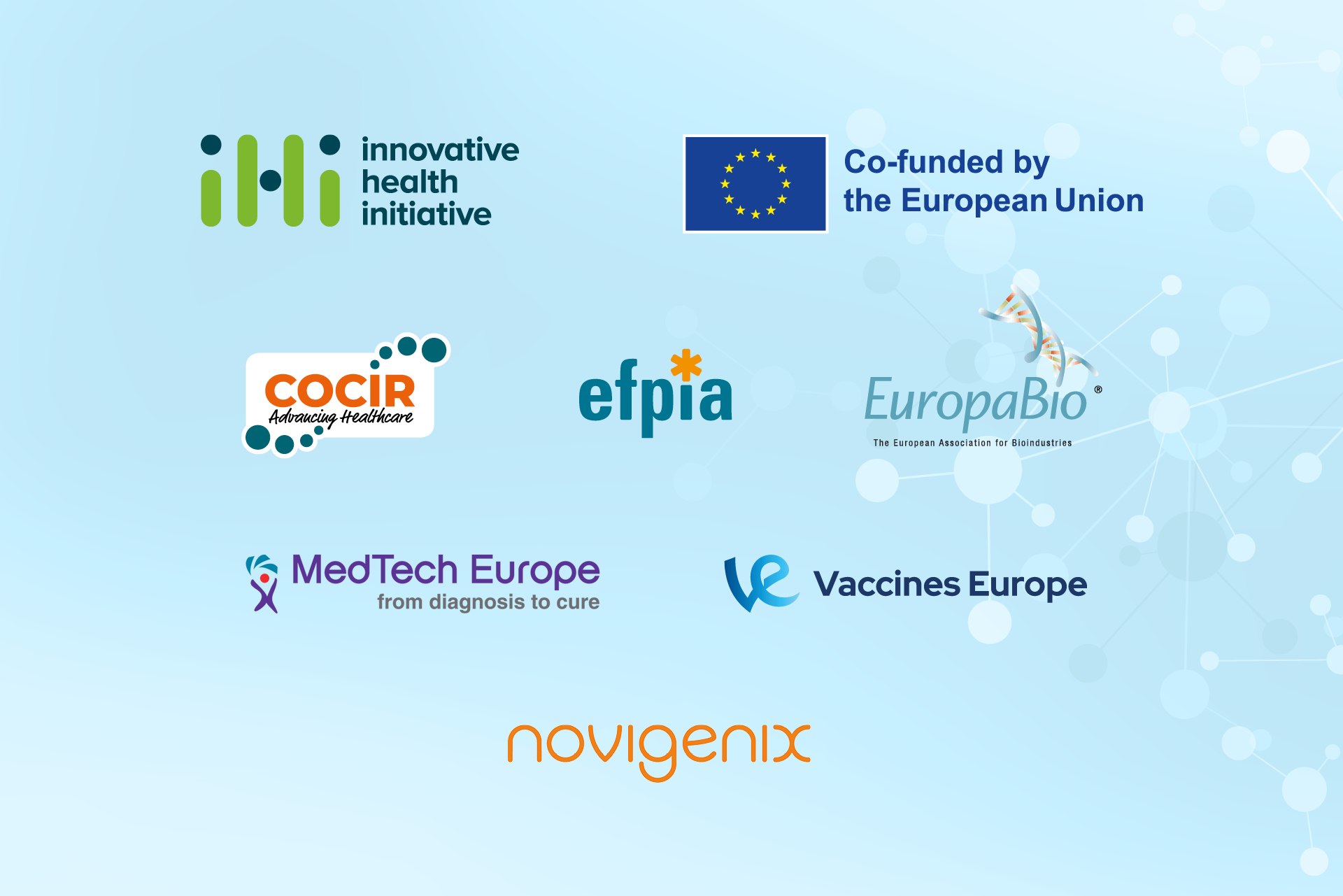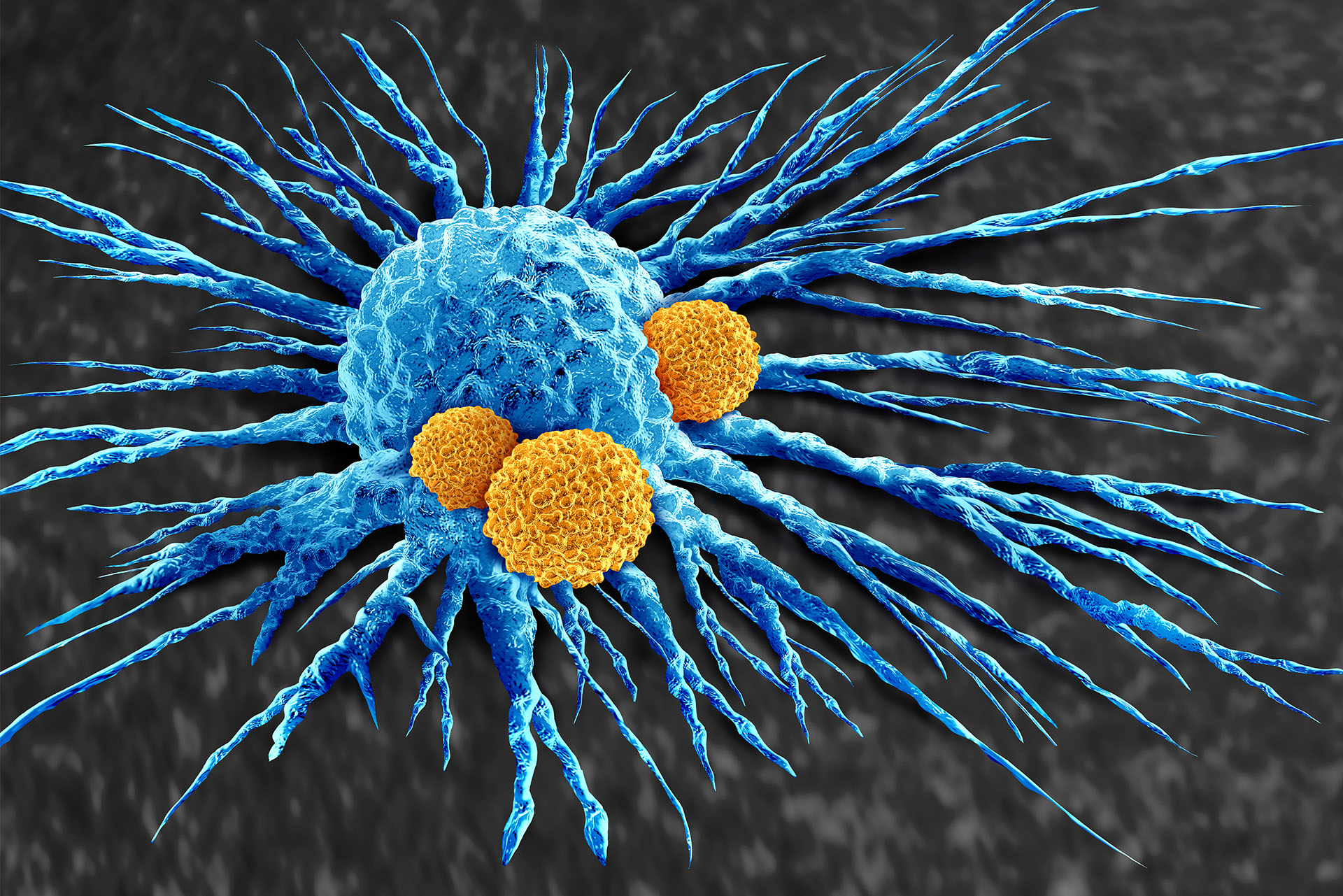NEW YORK (GenomeWeb) – With a new CEO at its helm, Swiss molecular diagnostic firm Novigenix is developing a new version of Colox, its mRNA-based assay for early colorectal cancer detection that applies next-generation sequencing instead of RT-PCR.
The firm began a study earlier this year to validate the assay, which measures cancer-specific transcriptomic signatures in circulating immune cells, with the goal of eventually seeking regulatory approval in Europe for a commercial test.
After acquiring the Colox technology from Swiss molecular diagnostics firm Diagnoplex in early 2015, Novigenix made various improvements to the RT-PCR assay for 29 biomarkers.
Newly appointed CEO Jan Groen — who previously served as CEO at MDxHealth — said that Novigenix has also built a full human immuno-transcriptome peripheral blood mononuclear cell (PBMC)database from healthy and cancer patients.
The current assay, which is CE marked and commercially available in Europe, detects early-stage CRC and large adenomatous polyps that can act as precursors to the disease. Of the 29 biomarkers comprising the assay, two are tumor-derived — CEA and CYFRA21-2 — to increase its specificity for colorectal cancer. In order to run the assay, a researcher extracts RNA from isolated cells in 4 to 8 ml of a patient’s blood sample and then performs RT-PCR to track the host genes’ expression.
While the assay has only been validated on the Roche LightCycler platform, Groen said that the tool is platform agnostic and can be validated on other instruments. He also noted that the assay takes four to five hours to produce diagnostic results.
However, Groen said that Novigenix is now moving toward an NGS-based platform tentatively called “Colox+.” In 2018, the Swiss government awarded Novigenix a grant to extend the Colox biomarker to interrogate the full human immuno-transcriptome of 14,000 genes to ID the biosignature and develop the predictive algorithm.
“We’ve discovered an improved biosignature, on top of Colox, that offers significant improvement to early-stage detection,” Groen said. “While the assay currently allows us to read out if a patient has colorectal cancer, we might be able to eventually provide additional information on potential treatment options for responses of certain drugs.”
Groen noted that the Colox+ biomarkers will be developed using whole transcriptome sequencing, allowing Novigenix to read out CRC-specific genes. Novigenix will also read out potential treatment-specific signatures once they’ve been validated.
In order to build the sequencing-based assay, Novigenix is expanding its PBMC database of cancer and healthy patients. In addition to the 4,000 individuals already tested through Swiss distribution channels, the firm plans to collect additional CRC samples through a validation study that it launched in January.
According to Groen, Novigenix has partnered with six European collaborators — including the Lausanne University Hospital, the Swiss Federal Institute of Technology, and the Swiss Institute of Bioinformatics — to recruit 1,600 individuals for CRC screening as part of the validation study. Once the signature has been validated, Novigenix will then seek CE-IVD approval and start the assay’s commercial rollout in Switzerland.
As Novigenix pushes forward with the validation study, it plans to gradually replace the Colox RT-PCR assay with the NGS Colox+ assay.
Because Colox is currently not covered by insurance companies in Switzerland, Novigenix is offering the assay as an out-of-pocket test to patients through their primary care physicians for CHF 275 ($272.00). However, the firm is building clinical evidence to get the assay covered by insurance companies and expects it to be eligible for reimbursement by the end of 2019.
Groen also noted that Novigenix has received two main biomarker combination patents from the US Patent and Trademark Office and the European Patent Office related to Colox and the immuno-transcriptome-based technology, with additional IP filed last year.
“The company owns a unique, valuable, proprietary plasma and PBMC biobank with clinical annotations, and it operates its own full human transcriptome PMBC database from healthy individuals and cancer patients,” Groen explained.
Novigenix also aim to eventually expand internationally, including the rest of Europe and the US markets. Instead of establishing a physical office in the US, however, Novigenix plans to sign commercial agreements with US distribution partners for its in vitro diagnostic (IVD) business. Groen said that the firm intends to sell an IVD kit to international partners, who would then offer the testing service for CRC.
At the same time, Groen noted that Novigenix will need to adjust the anticipated price for US end users, as it will ultimately depend on reimbursement discussions with insurance firms. However, he argued that the “bar is already set for certain types of products,” especially if the firm offers a liquid biopsy assay.
“At MDxHealth, we did everything by the books, in terms of development processes, design control, working on coverage for test, producing enough publications to support uptake in the market, and also to get the test in the respective guidelines,” Groen said. “All those elements will help position [Novigenix] for obtaining reimbursement in Europe and the US.”
Groen noted that the Colox assay is currently a laboratory developed test (LDT) that Novigenix has licensed to groups such as UniLabs in Switzerland, a model that the firm plans to follow as it develops improved, next-generation versions of Colox and other assays. For example, Groen said that Novigenix may develop an LDT for bladder cancer prognosis that will also run on the same NGS platform.
According to Groen, Novigenix successfully raised CHF 4 million in a Series B financing round in March and has raised CHF 25 million since the firm began in 2015. Groen believes that the firm is currently positioned to raise additional capital to fast track the development of the NGS platform and expand its transcriptomic platform.
Several other firms are developing or currently offer their own liquid biopsy assays for early colorectal cancer detection, with some already cleared by the US Food and Drug Administration.
Exact Sciences — which offers its FDA-approved Cologuard CRC diagnostic test — is aiming to create an improved version of the assay as well as new liquid biopsy tests for other types of cancer. The firm has applied to the FDA to expand the assay’s label so that it can be used for people in the 45-to-49-year age group at average risk for CRC.
German molecular diagnostics firm Epigenomics offers its flagship Epi proColon blood-based colorectal cancer screening test, which is currently under review by the Centers for Medicare & Medicaid Services for a National Coverage Determination.
In October, Freenome published data on its efforts to use machine learning to investigate signatures in cell-free DNA from blood in a large cohort of early-stage cancer (including CRC) patients using whole-genome sequencing. Calculating an estimated cfDNA tumor fraction, the firm’s researchers developed a classifier that reported over 80 percent sensitivity in most of the early-stage cancers.
Grail is also developing a blood-based assay for early cancer detection, recently sharing data from a longitudinal study last spring on its Circulating Cell-free Genome Atlas. The firm is focused on moving its analysis into a larger cohort of patients enriched for clinically important stage I and II cancers such as CRC.
In contrast to firms that already offer sequencing based assays for CRC, Groen argued that Novigenix’s Colox+ assay will provide the patient with “a complete picture” based on a transcriptome readout.
“Other NGS assays are targeting a tumor-derived signal, in other words a colon-cancer specific protein or mutation,” Groen explained. “What we do is measure the host immune response against a tumor before the tumor starts to release its cancer-specific protein or nucleic acids.”
In addition, Groen highlighted that Novigenix can also combine the host’s immune response RNA genes with cancer-specific protein detection or methylation signatures.
Overall, Groen believes that the healthcare sector is gradually shifting toward using sequencing as the standard for diagnosing cancers and other genetic diseases.
“If you want to play an important role in the molecular diagnostics space, you need to focus on liquid biopsy and sequencing,” Groen said. “For now, it will be targeted sequencing, but later it will be whole-genome sequencing, and we have to be part of that movement, no matter what.”


